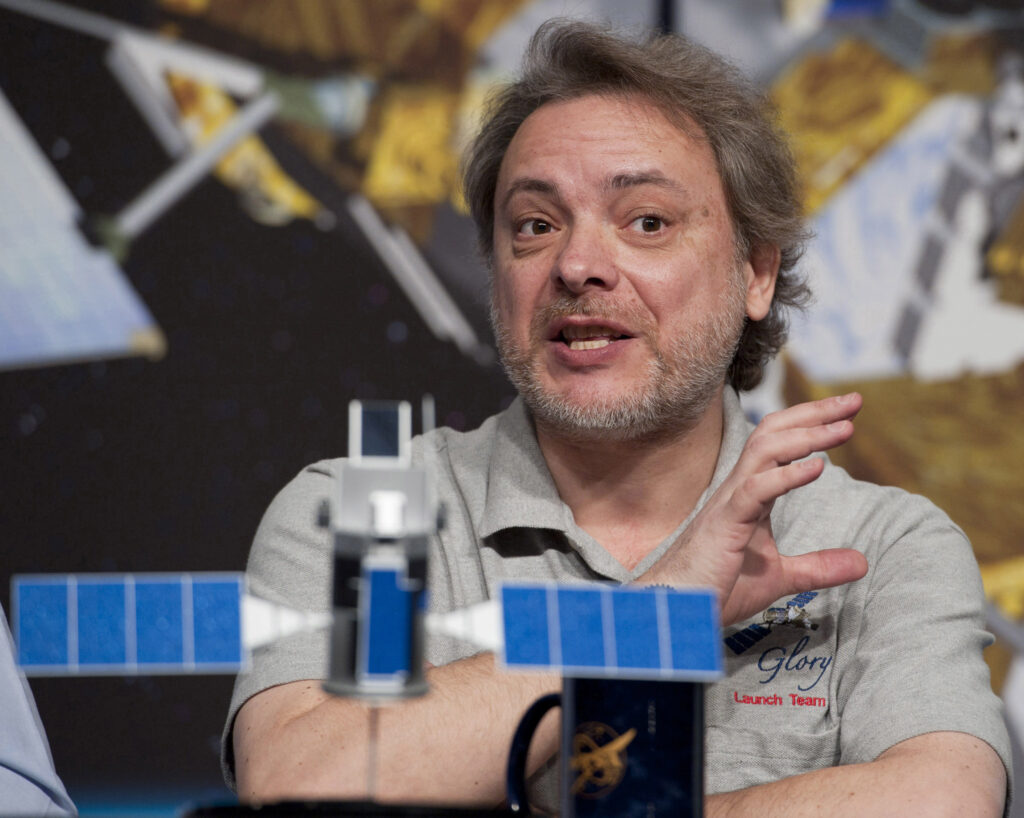Call for Nominations : 2024 Michael I. Mishchenko Young Scientist Award in Polarimetric Remote Sensing

Call for Nominations available in PDF document
We are pleased to solicit nominations for the 2024 Michael I. Mishchenko Young Scientist Award presented by the International APOLO Project. This young scientist Award is intended to celebrate outstanding contributions by an early-career scientist to the research field of polarimetric remote sensing.
The “Advancement of POLarimetric Observations: instruments, calibration, and improved aerosol and cloud retrievals” (APOLO) Project was created to promote polarimetry as a remote-sensing technique by organizing a series of advanced international conferences. It has been supported by a number of key organizations such as the Chinese Academy of Sciences, CNES, CNRS, EUMETSAT, NASA, and Université de Lille. The first APOLO conference, APOLO-2017, was held 24–27 October 2017 in Hefei, China, preceding APOLO-2019 in Lille, France and APOLO-2022 in Washington, D.C., USA.
Michael Mishchenko (1959–2020) was a renowned physicist who made significant contributions to polarimetric remote sensing and atmospheric optics. He developed efficient T-matrix methods for calculating scattering and absorption by complex atmospheric particles, widely used by the scientific community. Beyond scattering by single particles, Michael derived the general theory of radiative transfer in particulate media directly from the Maxwell equations, an accomplishment that had eluded scientists for over a century. His pioneering sensitivity analysis of algorithms for the retrieval of aerosol properties from space using radiance and polarization data played a pivotal role in the development of the NASA Glory Space Mission (for which Michael served as Project Scientist) and all follow on space polarimetric missions. He was an Editor-in-Chief of the Journal of Quantitative Spectroscopy and Radiative Transfer, was an active organizer of scientific conferences, and has authored over 300 journal papers, seven monographs, and numerous book chapters. As an established leader of polarimetric remote sensing Michael was the mastermind behind meetings on polarimetry of light scattering media in the framework of the NATO Advanced Study Institute and at the origin of present series of the APOLO workshops. Honored with numerous prestigious awards, including an asteroid 22686 immortalizing his name, he was an elected Fellow of multiple scientific societies.
Michael was a passionate scholar who reveled in conveying scientific wisdom to a broad community and is remembered as an enthusiastic supporter of the young generation of scientists.
On behalf of Michael I. Mishchenko Young Scientist Award Committee, we invite you to nominate a highly deserving candidate for the 2024 Award.
To qualify for consideration, a nominee:
- Must be graduate or postgraduate student or in his/her early career path with an outstanding record of scholarship;
- Should be under 37 years of age on 1st January 2024 or finished his/her PhD within the 10 years preceding that date;
- Must present at APOLO 2024 and attend the award ceremony in the Banquet.
Nominations of scientists of all nationalities will be considered. Each nomination package (to be submitted as a single PDF file) must consist of a detailed nomination letter, up to 3 letters of support, the nominee’s CV and publications list. The nomination letter must focus on the outstanding research contributions of the nominee and an explanation of their fundamental importance. Self-nominations will not be accepted.
Nominations should be submitted by 15th September 2024 to Dr. Didier Tanré (Award Committee Chairman) at didier.tanre@univ-lille.fr with a copy to Dr. Oleg Dubovik at oleg.dubovik@univ-lille.fr.
The award will be presented at the forthcoming APOLO-2024 conference, 18-21 November 2024, Kyoto, Japan (https://apolo.loa.univ-lille.fr/).
We look forward to your nominations for the 2024 Michael I. Mishchenko Young Scientist Award selection.
Didier Tanré, Chairperson of the 2024 Michael I. Mishchenko Young Scientist Award Committee

